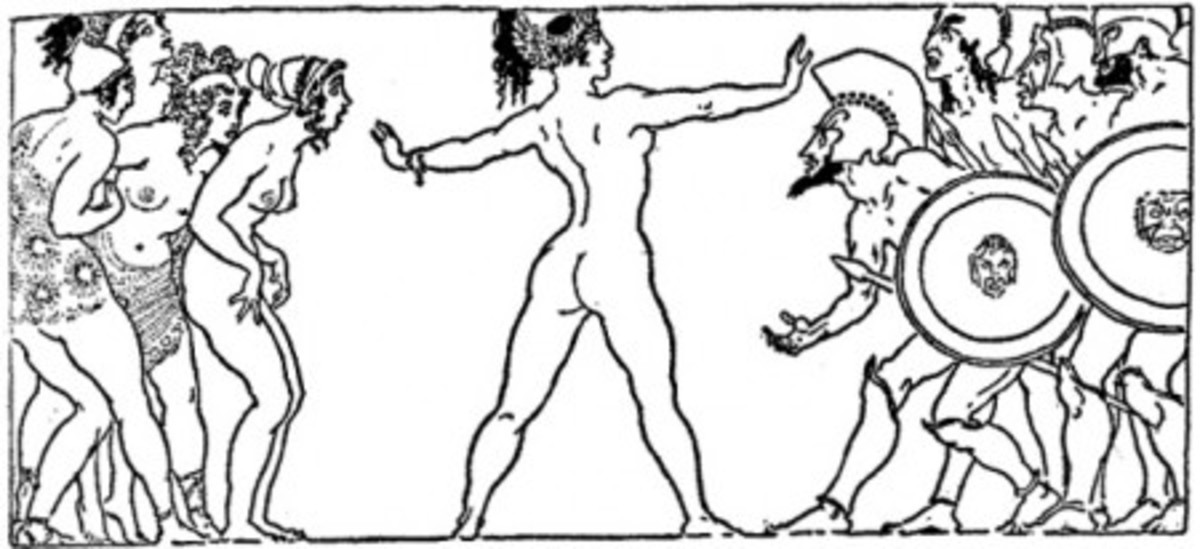RIO DE JANEIRO, BRAZIL – (Opinion) It’s hard to ignore the most recent announcement from Toyota in the U.S.:
” At this time, we have decided to stop contributing to those members of Congress who contested the certification of certain states in the 2020 election.”
Wow! That’s a major detour for a company that soon after the January 6th insurrection had put out a squeamish statement saying that GOP members who voted against Electoral College certification “might not” be included in the usual largess of Toyota’s political contributions.
It was almost a fiscal slap on the wrist but apparently didn’t produce much pain and the ‘might’ was a cop-out. According to the Federal Election Commission, five Republicans (and probably more) who voted against certifying the Electoral College results already received campaign money from the car company. So much for up-front honesty.
Toyota wasn’t lonely in its cynicism. Jet Blue, Cigna Health, Ford Motors, and Pfizer were all reported to have weaseled their way out of similar faux commitments to punish the supporters of the ‘Big Lie’.
What’s most interesting is that the public pushback against Toyota was so immediate and strong that the slings and arrows of public anger made a sufficiently strong impression on the company that it was forced to issue a new statement.
This time it said simply that it had “stopped contributing”.
That unexpected reversal invites the question: what would it be like if the public, instead of sitting back on the couch and effortlessly watching the current surreality show, got serious and forced accountability on the politicians and commercial enterprises which fuel them.
How long would the Tucker Carlsons of evening TV last if their advertisers decamped under public pressure and their ratings tanked?
It makes this gringo somewhat hopeful that perhaps the public engine is revving up, more willing than before to demand accountability and extract a significant price from those accountable.
Our current difficulty in getting reasonable people to stop doing unreasonable things recalls the ancient Greek playwright Aristophanes and his 411 BC comedy, ‘Lysistrata’. It may not have been the first but it was certainly a major feminist moment.
Two millennia ago, the Peloponnesian War between Athens and Sparta, the two most powerful city-states in ancient Greece, was seemingly endless: an armed stalemate costing both sides substantial blood and treasure. Not that different from the ideological conflicts between the right and left here and in the US Congress, it was a battle between imperialists (Athens) and conservatives (Sparta).
The playwright – no doubt frustrated by the continuous conflict and the long-winded and bellicose statesmen who controlled the government of Athens – looked for a way to get the attention of the citizens (airtime in today’s media world), and brought into being a fantastic solution.
His leading character, Lysistrata, a strong-willed Athenian recruits the women of Sparta to declare a sex strike until their partners end the Peloponnesian War. Radical but effective, she proclaims: “If all the women would gather here, Saloniki, from Boetia, from Sparta, all of them, believe me – all of us, together, we can save Greece!”
The women seize the Athenian Acropolis and the Athens treasury. And they resolutely resist contact until their desperate partners arrange for peace, and the men and women are then reunited.
It is most unlikely that anything as radical as a sex strike would drive some communal sense into the current racially-driven political battles being waged over voting rights and perceived fraud in the 2020 US election. It is even less likely to influence the argument as to whether or not to allow the teaching of unvarnished history in schools.
Hijacked by the loony conservatives, Critical Race Theory (CRT) has now been widely, popularly, and pejoratively labeled as a socialist propaganda doctrine, teaching kids to ‘hate’ America. It is nothing of the kind.
Its origins are an academic intellectual movement and a framework of legal analysis, examining inherent racist behavior in the law and legal institutions in the US.
Remembering Lysistrata and seeing how noisy public reaction to Toyota’s flipping on its political donation policy forced a rapid change, one wonders what would happen if committed consumers were to create ‘buyer strikes’ against companies whose social, political or environmental policies were deemed by a substantial portion of customers to be against the public interest.
However much the fictional Lysistrata taught us about the power of committed people to foment change, Toyota’s political U-turn proves the point that pressure matters; it is a lesson not to forget and one we should consider when the cause is just.


